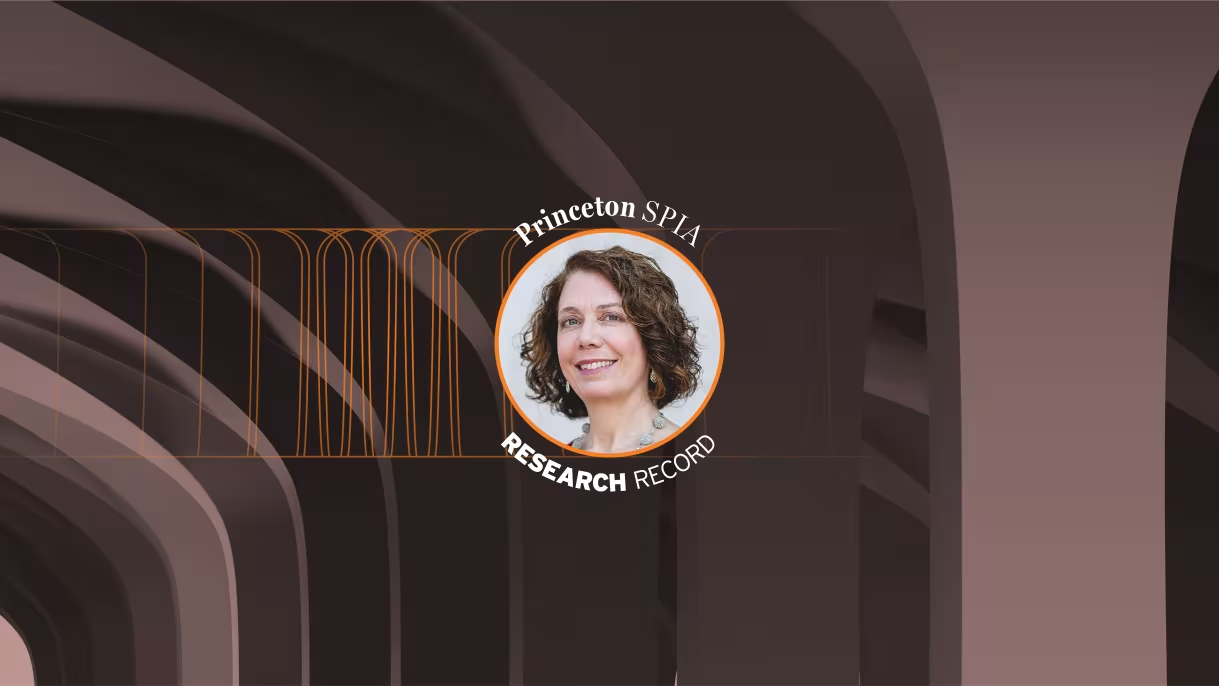

Increasing Voter Turnout Among College-Aged Students
Princeton SPIA’s Research Record series highlights the vast scholarly achievements of our faculty members, whose expertise extends beyond the classroom and into everyday life.
If you’d like your work considered for future editions of Research Record, click here and select “research project.”
The Details
- Authors: Tali Mendelberg (Princeton University) and Claire Willeck (Princeton University)
- Title: “How Colleges Can Increase Civic Engagement”
- Journal: Political Behavior
The Big Picture
Individuals between the ages of 18-24 are outvoted by those between the ages of 45-64 at a nearly 4-1 rate. For those in the younger age bracket, many of whom are college students, universities are supposed to be the place where civic duty takes root. Despite a 1998 amendment to the Higher Education Act that requires universities to distribute voter registration forms to students, young people remain less likely to participate in politics.
“Universities are expected to help remedy this problem,” said Tali Mendelberg, the John Work Garrett Professor of Politics and Co-Director of the Center for the Study of Democratic Politics. “How can they do so? The answer remains unclear, as studies typically test one or two small interventions at a time, or the interventions have a voluntary, opt-in component. Yet universities have the capacity to use potentially more effective, bundled, and opt-out ‘nudges.’”
The Findings
Mendelberg and co-author Claire Willeck, a fifth-year Ph.D student in the politics department, created an institutional ‘nudge’ where eligible individuals are automatically asked to register to vote, to sign-up for voting reminders, and to share voter registration resources with friends and family.
“We tested the effects of this nudge in a simulated university administrative check-in required of all students, closely modeled on an actual sign-in,” Mendelberg said.
According to the researchers, the prompt increased participation and had spillover effects to other political actions.
“The role of higher education in a robust democracy is not limited to teaching or service learning,” Mendelberg said. “It extends to the institutional power of universities to structure the choice environment to facilitate the actions people wish to take but often find difficult, such as voting.”
The Implications
“Our results suggest that embedding voter registration and vote reminder resources into universities’ administrative procedures may help universities create a more politically engaged student body,” Mendelberg said. “We find that encouraging students to register to vote, to sign-up for election reminders, and to share registration and vote reminder resources with friends and family increases students’ participatory attitudes and behavior.”

